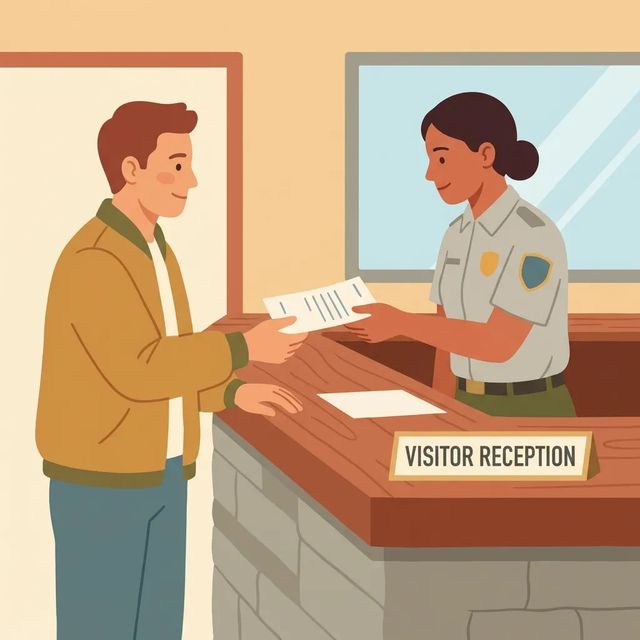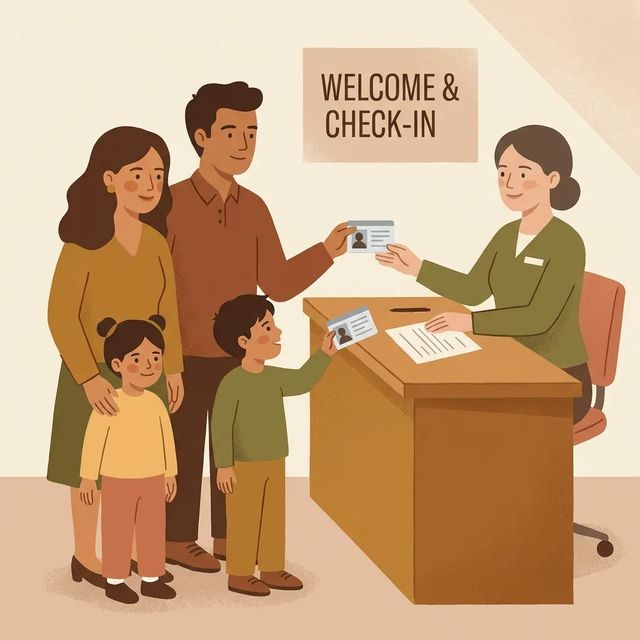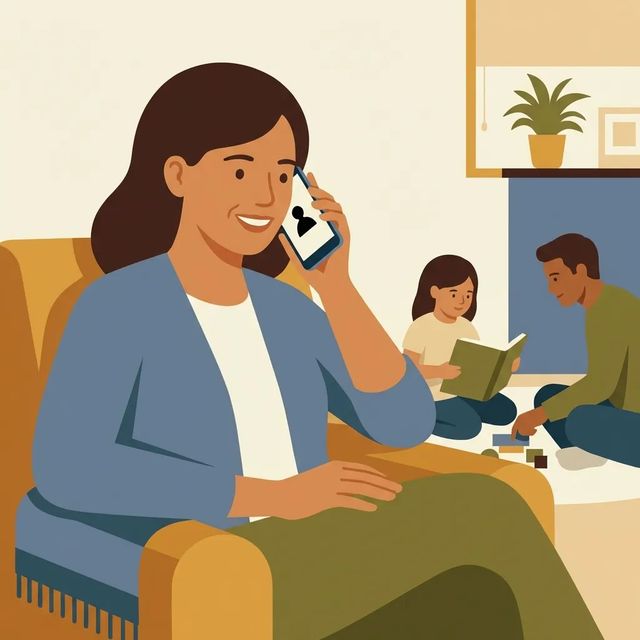FCI Mendota
Explore
Find an Inmate at FCI Mendota
Search for a loved one and send messages and photos in minutes.

Guides for This Facility

How to Get Approved to Visit Someone at FCI Mendota
You can't just show up at FCI Mendota and expect to get in. Your name has to be cleared and added to the inmate's approved visiting list first. The process is straightforward once you understand what the Bureau of Prisons (BOP) needs from you.
Read Guide
How to Visit FCI Mendota (CA)
Visiting someone at FCI Mendota takes planning before you ever get in the car. The biggest step is getting approved, then showing up prepared so you don't get turned away at the door.
Read Guide
How to Contact an Inmate at FCI Mendota (CA)
Trying to stay in touch with someone at FCI Mendota? Phone contact runs through the Bureau of Prisons system, and calls are monitored (with limited exceptions for attorney calls).
Read GuideAt a Glance
Visitation
- You must be on the inmate's approved visiting list and be cleared by the BOP before visiting FCI Mendota.
- Inmates create a visiting list that can include relatives and approved visitor types when they arrive at a new prison.
- By law an inmate is entitled to at least four hours of visiting time per month.
Based on official sources and community feedback. Learn how we verify
Topic Overviews
Visitation
Visiting at FCI Mendota starts before you ever arrive. The inmate must add you to their approved visiting list, and you need to be cleared by the federal Bureau of Prisons (BOP) first. By law, inmates are entitled to at least four hours of visiting time per month, though the exact schedule and limits vary. Many facilities use an online scheduling portal where you create an account and book visits from your phone or computer. Check the current booking process before you travel. Bring a valid, unexpired government-issued photo ID, and expect background checks or visitor questionnaires during approval. Dress conservatively. Inappropriate or provocative clothing can get you turned away, and the warden can restrict visit length or frequency.
Read full guideCommon Questions
Do I need to be approved to visit someone at FCI Mendota?
Yes. The inmate must add you to their approved visiting list, and you must be cleared by the BOP before visits are allowed.
VisitationHow do I schedule a visit to FCI Mendota?
Scheduling methods vary by facility. Many use an online portal where you create an account and book visits from your phone or computer. Check FCI Mendota's current booking process before you travel.
VisitationWhat can cause a visitor to be turned away at FCI Mendota?
Wearing inappropriate or provocative clothing can lead to a denied visit. You should also be ready to show a valid government photo ID and to complete any background checks or visitor questionnaires required during approval.
VisitationMore Guides
Ready to Connect?
Search for your loved one to start communicating today
Did You Know?
The Bureau of Prisons inmate locator includes inmates incarcerated from 1982 to the present. Note that release dates shown there may be outdated after First Step Act recalculations.
This guide is based on feedback from dozens of families and official facility documentation. Learn how we verify
